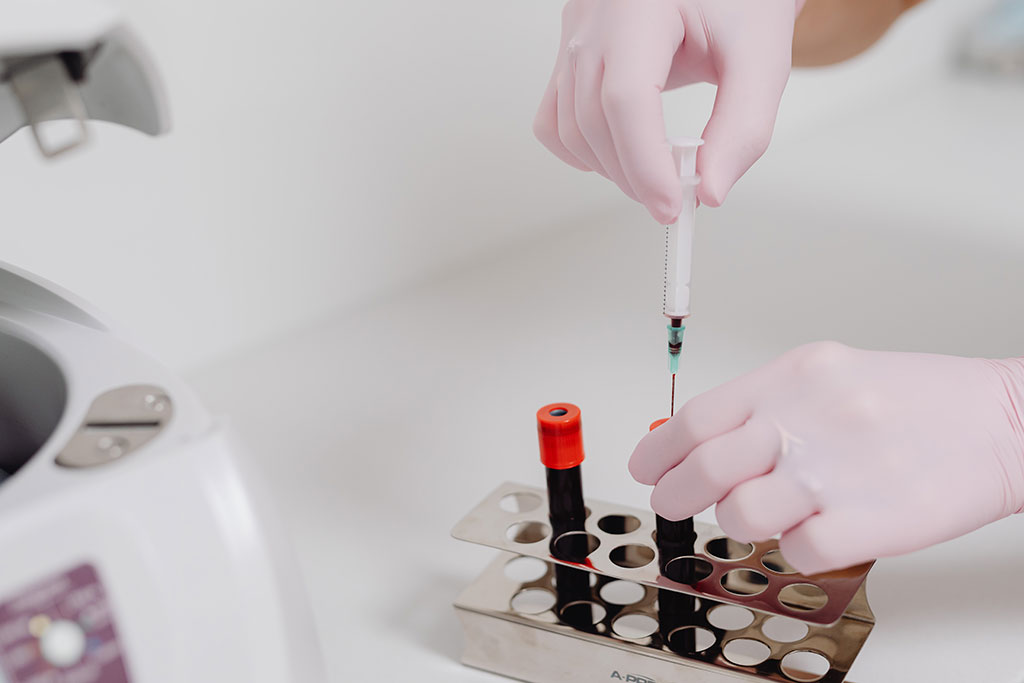Simple Blood Test Could Make It Easier to Diagnose Epilepsy
Posted on 14 Mar 2023
Epilepsy refers to abnormal activity in the brain that results in temporary loss of control of behavior and movement. This condition can be congenital, caused by a tumor, stroke, or brain infection, and produce varying symptoms based on the affected region of the brain. Diagnosing epilepsy can be a challenging and resource-intensive process, and differentiating it from other conditions is often difficult. As such, there exists a pressing need to develop better diagnostic tools, particularly for use early on after a suspected seizure. Now, researchers have discovered higher levels of immune proteins in the blood before and after an epileptic seizure that could serve as possible biomarkers, allowing for accurate diagnosis of epilepsy using a simple blood test.
Researchers from Lund University (Lund, Sweden) began looking for potential biomarkers for epilepsy within the immune system as the inflammation processes that begin as an immune response in the body are also capable of provoking a seizure. The researchers also conducted a comparative analysis of epileptic seizures with psychogenic non-epileptic seizures which is a psychiatric diagnosis that can exhibit clinical symptoms closely resembling those witnessed in epilepsy, thus leading to frequent misdiagnosis. Psychogenic seizure is a chronic disorder that remains underdiagnosed and is usually erroneously treated with epilepsy medication. As such, there is a compelling need for a more straightforward differentiation method between the two conditions.

By analyzing the blood samples of individuals who recently experienced epileptic seizures, researchers identified a significant increase in the levels of five distinct inflammation markers or proteins. Conversely, for individuals experiencing psychogenic seizures, there was no notable variation in the biomarker concentration. This suggests that a simple blood test administered to patients arriving at the emergency room following a seizure could reveal elevated immunological responses, indicating the possibility of an epileptic seizure. In contrast, if these biomarker levels are normal, there is a greater likelihood of a psychogenic seizure, thereby offering an initial indication of how the patient should be evaluated further.
“We call these markers ‘fingerprints’ since they involve several inflammation-related proteins with different reaction patterns,” said Marie Taylor, physician, and doctoral student in the research team. “The patients who had epilepsy showed raised levels of one of the five proteins – IL-6 – even before their seizures, a value that transiently raised even further directly after the seizure.”
“The next stage is to repeat our studies on a broader and less homogenous patient group, where we investigate the ‘fingerprint’ in adults with epilepsy,” added Christine Ekdahl Clementson, group leader, and associate professor at Lund University. “We also want to see whether the biomarkers respond in the same way in children, where the causes of epilepsy are more often genetic.”
Related Links:
Lund University













